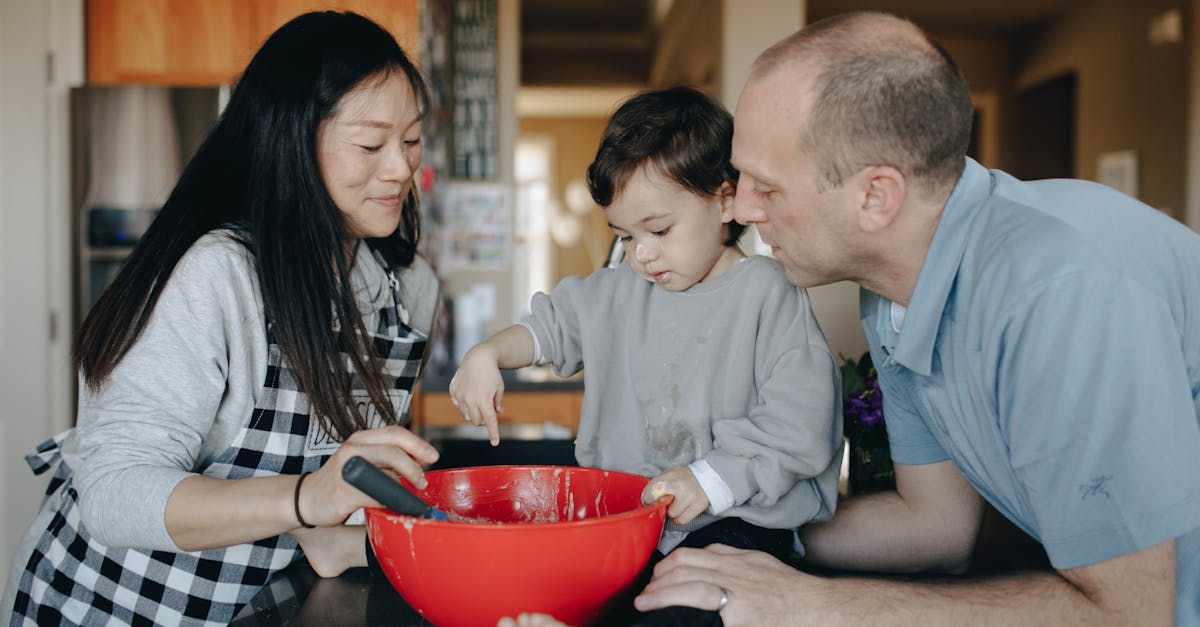Communicate Clearly
Good communication is crucial for co-parenting. Always keep conversations respectful. Use tools like shared calendars to manage schedules. Check-ins can prevent misunderstandings. Keep communication mainly child-focused. This strategy helps with smoother decision-making. Mix in face-to-face meetings with virtual calls. Use humor to diffuse tension and set a positive tone.

Establish Routines
Consistent routines help toddlers. Bedtimes, meals, and playtime should follow a regular schedule. Consistency calms children and provides stability. Share these routines with your co-parent. Both houses should follow similar practices. It prevents confusion and makes transitions easier for your child. Be flexible and willing to adapt to changes in each other’s schedules.

Share Responsibilities
Sharing responsibilities is a major part of co-parenting. It’s essential to discuss and divide tasks such as school runs, doctor’s appointments, and playdates. Rotating these tasks among both parents can help avoid burnout and ensure active participation from both parties. Encouraging equal involvement can significantly enhance the child’s relationship with both parents. This shared approach promotes teamwork.

Handle Emotional Challenges
Emotions run high in co-parenting. Practice patience and understanding. It’s okay to feel frustrated but manage it constructively. Provide a supportive environment for your child. Celebrate the small wins and address challenges calmly. Encourage your child to express their feelings. Having a co-parenting therapist can also provide neutral ground.

Keep it Fun
Co-parenting should be enjoyable. Plan fun activities with your toddler. Positive memories strengthen bonds. Include activities both parents can join, like family outings or holiday traditions. Keep a light-hearted attitude. Sharing laughter and joy can make co-parenting less stressful. Celebrate being a team together.
